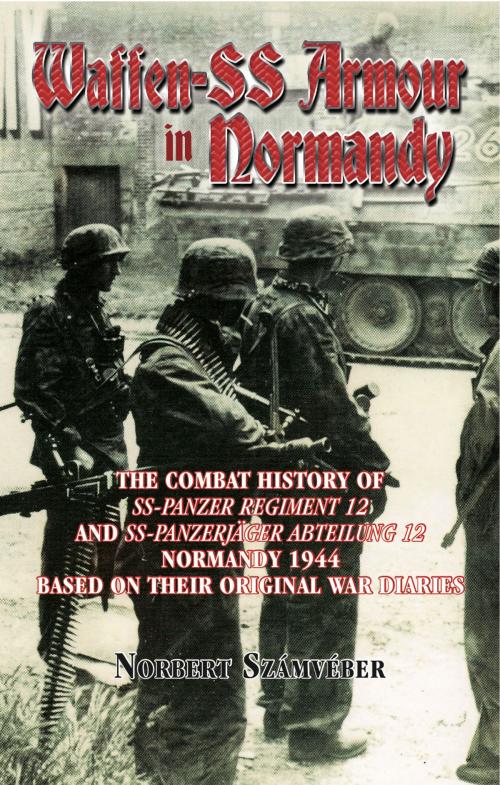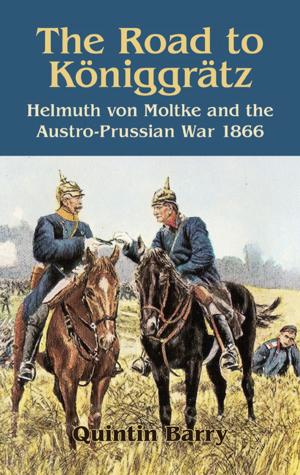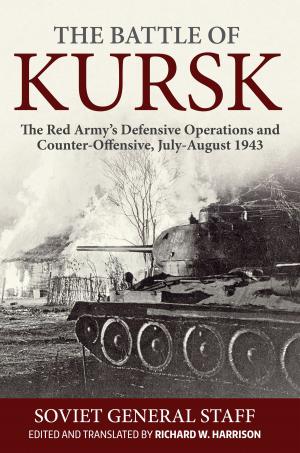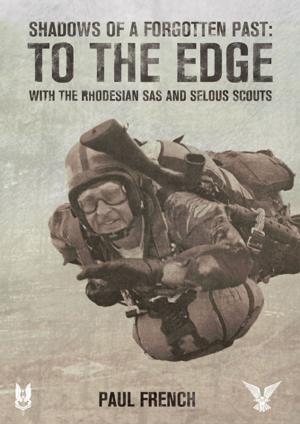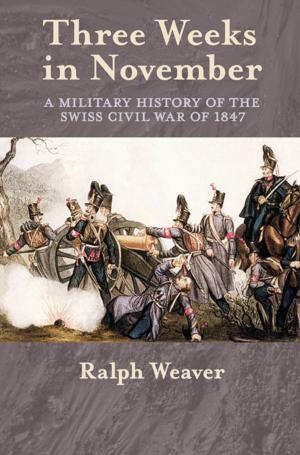Waffen-SS Armour in Normandy
The Combat History of SS Panzer Regiment 12 and SS Panzerjäger Abteilung 12, Normandy 1944, based on their original war diaries
Nonfiction, History, Military, Other, World War II| Author: | Norbert Számvéber | ISBN: | 9781910294147 |
| Publisher: | Helion and Company | Publication: | March 14, 2012 |
| Imprint: | Helion and Company | Language: | English |
| Author: | Norbert Számvéber |
| ISBN: | 9781910294147 |
| Publisher: | Helion and Company |
| Publication: | March 14, 2012 |
| Imprint: | Helion and Company |
| Language: | English |
Waffen-SS Armour in Normandy presents the combat history of SS-Panzer Regiment 12 and SS-Panzerjäger Abteilung 12 in the Battle for France from June to the end of August 1944 based on transcriptions of their original unit war diaries from the Military History Archives in Prague.
Both armored units belonged to the 12.SS-Panzer Division Hitlerjugend. SS-Panzer Regiment 12 was fully equipped with Panzer IV and Panther tanks. The main AFV of SS-Panzerjäger Abteilung 12 was the Jagdpanzer IV L/48 tank destroyer.
The structure of the volume is partly source publication (documents of SS-Panzer Regiment 12) and partly study (the deployment of SS-Panzerjäger Abteilung 12). The text was written and footnoted by the author based upon original wartime files in Prague that have remained almost unknown.
The book starts with the story of the units' establishment and training in 1943/1944, including, for example, the shipments of equipment, orders of battle and tactical numbers of the tanks. After this introduction, a highly detailed daily chronology of the combat actions is provided, from 12.SS-Panzer Division traveling to the Caen sector to Operation Totalize and the withdrawal to the Seine River.
Documents from SS-Panzer Regiment 12 presented in the book include the following: combat reports, list of knocked-out enemy tanks, German personnel and tank losses, combat orders, summary of acquired combat experiences and others.
This is an impressive look at tactical-level events and command decisions, highlighting the armored combat tactics that were able to stop Montgomery's Army Group from breaking through the German lines near Caen for two months. The study includes a number of detailed maps and excellent photos. In addition, the book has benefited from the contribution of rare information, photographs and documents from the archive of noted Waffen-SS historian Mark C. Yerger.
Waffen-SS Armour in Normandy presents the combat history of SS-Panzer Regiment 12 and SS-Panzerjäger Abteilung 12 in the Battle for France from June to the end of August 1944 based on transcriptions of their original unit war diaries from the Military History Archives in Prague.
Both armored units belonged to the 12.SS-Panzer Division Hitlerjugend. SS-Panzer Regiment 12 was fully equipped with Panzer IV and Panther tanks. The main AFV of SS-Panzerjäger Abteilung 12 was the Jagdpanzer IV L/48 tank destroyer.
The structure of the volume is partly source publication (documents of SS-Panzer Regiment 12) and partly study (the deployment of SS-Panzerjäger Abteilung 12). The text was written and footnoted by the author based upon original wartime files in Prague that have remained almost unknown.
The book starts with the story of the units' establishment and training in 1943/1944, including, for example, the shipments of equipment, orders of battle and tactical numbers of the tanks. After this introduction, a highly detailed daily chronology of the combat actions is provided, from 12.SS-Panzer Division traveling to the Caen sector to Operation Totalize and the withdrawal to the Seine River.
Documents from SS-Panzer Regiment 12 presented in the book include the following: combat reports, list of knocked-out enemy tanks, German personnel and tank losses, combat orders, summary of acquired combat experiences and others.
This is an impressive look at tactical-level events and command decisions, highlighting the armored combat tactics that were able to stop Montgomery's Army Group from breaking through the German lines near Caen for two months. The study includes a number of detailed maps and excellent photos. In addition, the book has benefited from the contribution of rare information, photographs and documents from the archive of noted Waffen-SS historian Mark C. Yerger.
